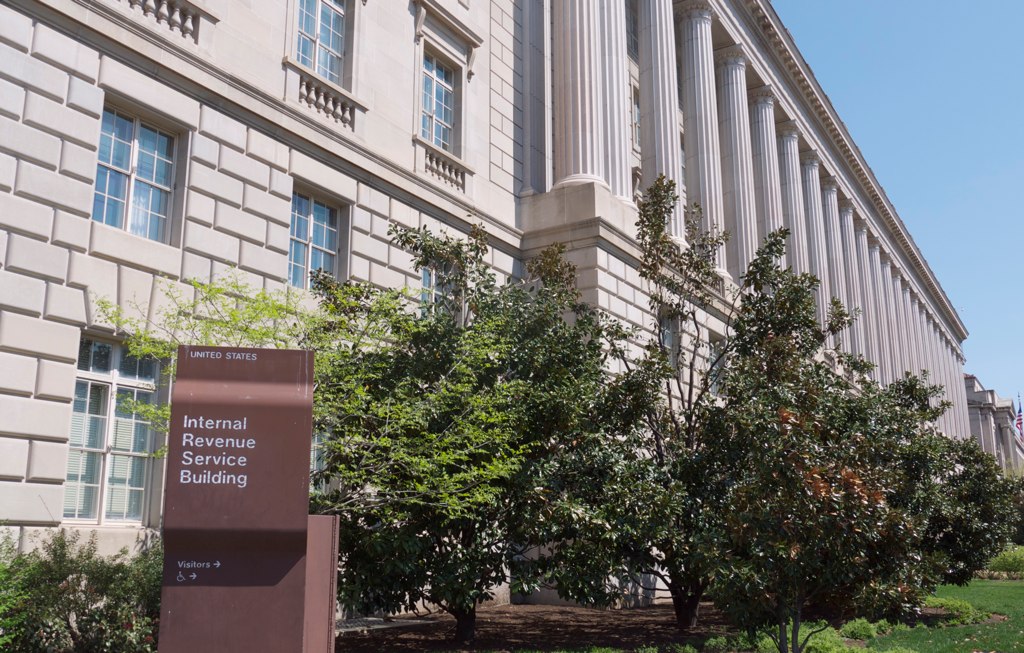The Internal Revenue Service (IRS) says it has sent out nearly 160 million Economic Impact Payments (EIP).
However, lawmakers are urging the agency to resolve issues that have prevented many of their constituents from receiving a payment.
On Thursday, more than 100 lawmakers signed on to the letter to the agency urging it to resolve issues that are still holding up payments for many of their constituents.
Reps. Suzan DelBene (D-Wash.), Danny Heck (D-Wash.), Cathy McMorris Rodgers (R-Wash.), and Jackie Walorski (R-Ind.) wrote to IRS Commissioner Charles Rettig, “While the IRS claims that all issues may ultimately be resolved with 2020 tax filings in the next calendar year, for many of our constituents, that wait is simply untenable.”
In March, Congress passed a coronavirus relief bill that sent Americans $1,200 per person and $500 per child.
On June 3, the Treasury Department announced that it had sent out 159 million payments to “all eligible Americans.” However, the department acknowledged that there are still people who are eligible for payments who had not received their stimulus checks yet.
Read the letter below:
While millions successfully received their stimulus checks, some who are facing financial hardship because of #COVID19 are still waiting for their payment. Read the bipartisan letter I sent with my colleagues to @IRSnews today calling for these issues to be fixed. pic.twitter.com/21o6iYHv4y
— Rep. Suzan DelBene (@RepDelBene) July 16, 2020
“While the IRS claims that all issues may ultimately be resolved with 2020 tax filings in the next calendar year, for many of our constituents, that wait is simply untenable,” the letter read.
“While the IRS has made a good faith effort to provide timely and update information on their website, our constituents continue to express their frustration that the information available does not provide enough clarification.”
Additionally, the lawmakers noted that the IRS set up a hotline to help Americans who have questions about the payments, but, “Those constituents are increasingly dissatisfied with the IRS EIP telephone assistance number, which often has too high volume and too little information to allow for a productive conversation.”
The lawmakers went on to note that their constituents have expressed frustration that the IRS’ “Get My Payment” feature can be confusing. Specifically, they note that their constituents have received a message that says “Payment Status Not Available” but does not tell them if there is missing information or if they are considered ineligible.
Finally, they urged the agency to “expand its capacity for casework assistance” and solve the “issues raised above in a fair and timely manner.”

























 Continue with Google
Continue with Google